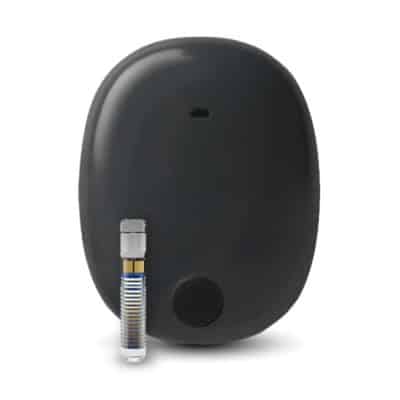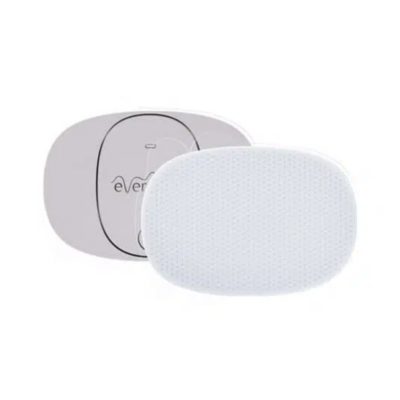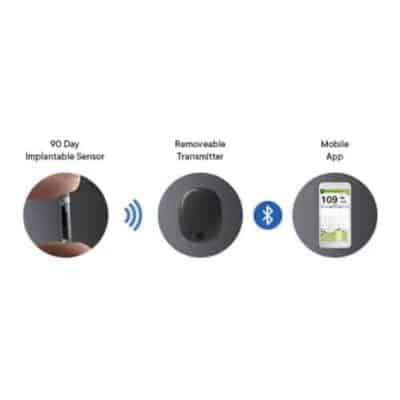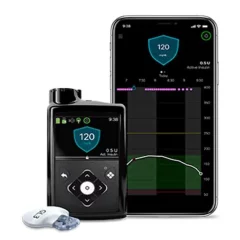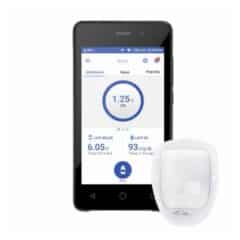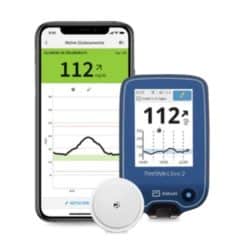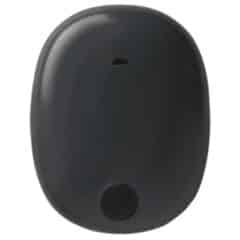Is Eversense Better than Dexcom?
The Eversense and Dexcom CGM systems are both capable of providing fingerstick-free* glucose updates to people with
diabetes, but the sensors used in the Eversense CGM system last considerably longer than those found in Dexcom’s systems. The Eversense sensor has a 90-day lifespan; in contrast, the Dexcom G7 CGM System sensor lasts ten days (not counting a 12-hour “grace period” at the end of its lifespan).
Is Eversense Still Available?
While Eversense manufacturer Senseonics temporarily stopped sales of the Eversense CGM system at the onset of the COVID-19 pandemic, the company has since resumed sales of its CGM systems.
How Long Does Eversense Last?
The sensors used in the original Eversense CGM system will last 90 days (three months) before they need to be replaced.
How Big Is the Eversense Sensor?
The Eversense CGM system’s sensor is 18.3mm long and 3.5mm in diameter.
Is Eversense CGM Implant MRI Safe?
The sensor used in the original Eversense system can safely go through MR systems that meet specific conditions described in the system’s user guide. However, this system’s transmitter is MR Unsafe and needs to be removed before MRI procedures.
How Is Eversense Implanted?
Unlike other CGM sensors, the Eversense CGM system’s sensors need to be implanted by a medical professional. This process should last roughly 15 minutes, and a newly-installed sensor can last up to 90 days before needing to be replaced.
Does Eversense Insertion Hurt?
Since the Eversense sensor insertion process involves the use of a local anesthetic, it should not hurt under normal circumstances. However, there is a chance that the process will cause pain, infection, or irritation.
